‘I want to drown in flesh’: how Glenda Jackson set Women in Love ablaze
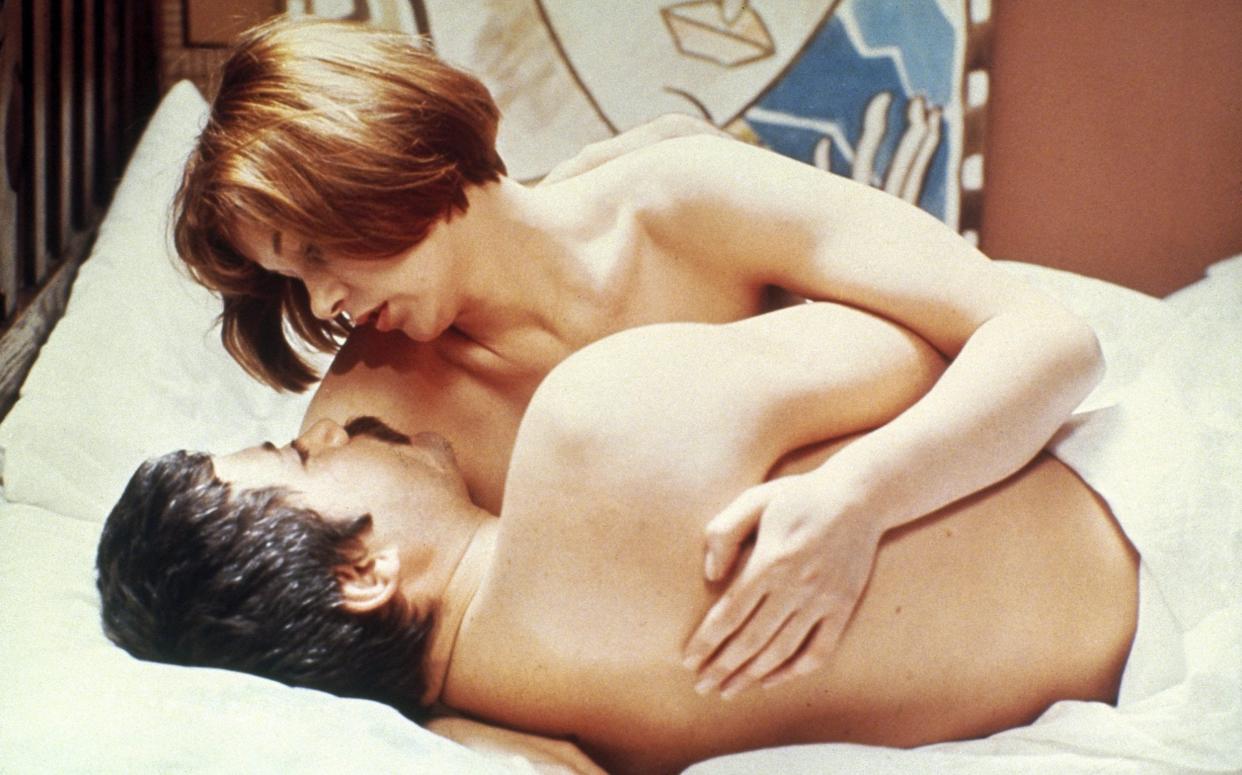
Glenda Jackson, who has died at the age of 87, enjoyed the rare dual feat of being both a highly successful politician and one of the leading actresses of the 20th century, deservedly winning two Oscars during her illustrious career on both stage and screen. The second Oscar that she won, for the 1973 romantic comedy-drama A Touch of Class, was an appropriate acknowledgement of a decorous and classy performance in a decorous and classy film, and one still fondly remembered now.
However, the picture that she first received an Academy Award for, Ken Russell’s inimitable 1969 DH Lawrence adaptation Women in Love, was considerably less restrained. It was much acclaimed on release, but it has subsequently – and undeservedly – passed into camp classic territory thanks to the notorious nude wrestling match scene between its male stars Alan Bates and Oliver Reed. But there’s also the moment in which the erstwhile Labour MP for Hampstead and Kilburn delivers the immortal line, to an understandably bewildered young man, “How are your thighs? Are they strong? Because I want to drown in flesh. Hot, physical, naked, flesh.”
Many would have argued that Jackson deserved an Oscar for her straight-faced delivery of that moment alone. But in truth her performance throughout the film, as the artist Gudrun Brangwen who finds herself involved in a four-sided relationship with her sister Ursula and their two friends, Rupert Birkin and Gerald Crich, was a masterpiece of understated passion.
When she was cast, she was by no means a known international quantity. She had achieved success on stage with the RSC since the early Sixties (most notably as Ophelia, opposite David Warner’s Hamlet, in Peter Hall’s legendary 1965 production) and had reprised her stage role as Charlotte Corday, the assassin of Jean-Paul Marat, in Peter Brook’s film of Peter Weiss’s play Marat/Sade, but she had never starred in a major picture.
And it did not help that Russell – who would become a frequent collaborator of hers, albeit not always harmoniously – had actively resisted casting her. Yet, as ever with this particular director, chaos and artistic genius walked hand in hand, and the final results spoke for themselves.
The genesis of the film came in the mid Sixties, when the American filmmaker – and subsequent Pulitzer Prize-winning playwright – Larry Kramer had had some success with co-writing the 1968 sex comedy Here We Go Round the Mulberry Bush. He came into contact with the Canadian director Silvio Narizzano, who suggested that Kramer produce an adaptation of Lawrence’s Women in Love: the novel’s strong sexual themes would have been unthinkable to adapt in earlier times, but given the rise of permissiveness and the opportunity to depict human behaviour frankly and explicitly on screen, the opportunity now seemed a viable one.
However, after Kramer initially commissioned the then-modish dramatist David Mercer to adapt the novel, and it resulted in what he later called “a horrible Marxist tract”, Kramer wrote the screenplay himself. As he said, “I became a writer not by choice but out of necessity… I wanted to show you can convey emotion along with action and that ideas and talk and beautiful scenery are not incompatible in films. My first draft was all dialogue, the second was mostly visual. The end result was a combination of both.”
He roamed freely through Lawrence’s writings, saying that while “slightly more than half” of the finished film was taken from the novel, he had also used the author’s poems, essays and letters in order to create an unorthodox but effective screenplay, that would simultaneously do justice to Women in Love and to Lawrence’s wider sensibilities, too.
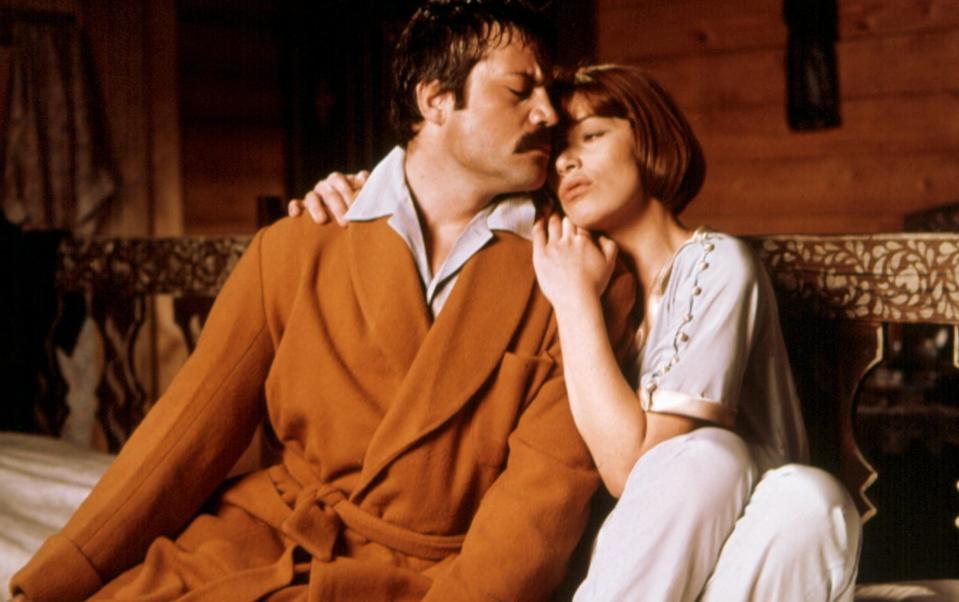
It would take an unorthodox director to film Kramer’s screenplay with the care that it deserved, and initially he was unable to find a suitable filmmaker; after Narizzano abandoned the project for personal reasons – in a touch that Lawrence himself might have sympathised with, the director left his wife for a man, who then died shortly afterwards – Kramer approached the disparate likes of Stanley Kubrick, Brook and The Innocents director Jack Clayton, all of whom turned it down.
It was with some desperation that he turned to Russell, who at that point was well known for his experimental and often challenging BBC films about such composers as Elgar, Bartók and Debussy, but was not regarded as a commercially viable director: his sole major picture to date, the Len Deighton adaptation Billion Dollar Brain, had flopped, despite the bankable presence of Michael Caine in the lead role of laconic spy Harry Palmer. Nor did he have any interest in literature, preferring classical music. He was not an obvious choice to make the picture.
Russell, however, soon became a fully paid-up aficionado of Lawrence in general and Women in Love in particular, which he described as “probably the best English novel ever written”. He was fortunate that two high-up production executives at United Artists, who would produce the film, were admirers of the visual pizzazz of Billion Dollar Brain, and informed him that, in Russell’s recollection, “they thought it got a raw deal from Right-wing critics and that I could do better with a more sympathetic subject.”
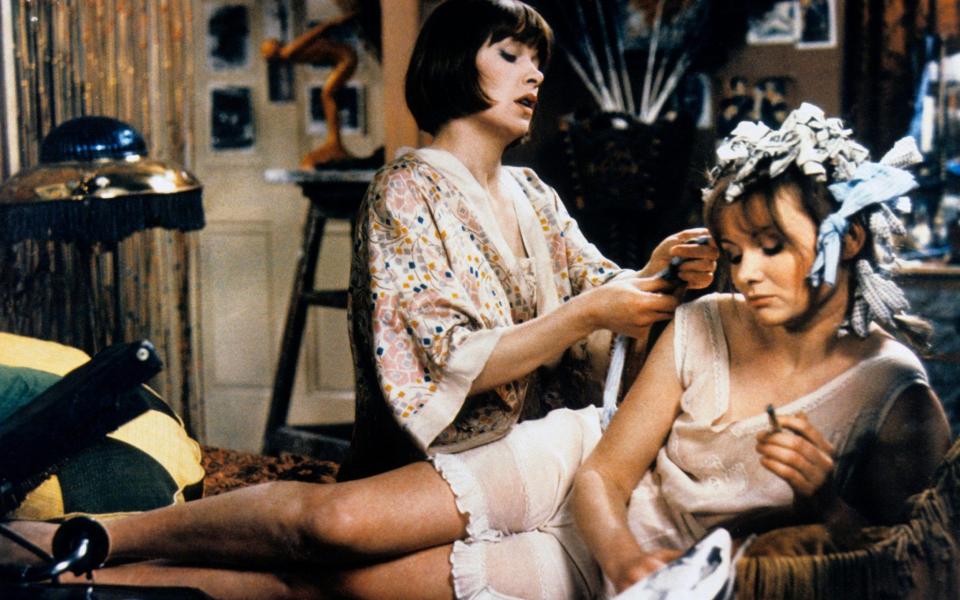
He began a harmonious collaboration with Kramer on revising the screenplay, which included the inclusion of the subsequently notorious nude wrestling match. He feared that it would cause censorship issues, but Oliver Reed, who worked with Russell repeatedly, talked him into it, or rather forced him; the director later recalled that “He wrestled with me, jujitsu style, in my kitchen, and wouldn’t let me up until I said, ‘OK, OK, you win, I’ll do it.’”
Russell found casting the film difficult, because, in his candid appraisal, he was “totally out of touch to the real talent at hand.” He had cast Reed in the role of Gerald – despite the dark-haired actor being different to the book’s description of him as “blond, glacial and Nordic” – and was delighted to find that Alan Bates, who Kramer had earmarked as the perfect casting for Birkin if ever the film was to be made, had grown a beard that made him look physically similar to Lawrence himself.
The casting of the female leads was altogether trickier. Jennie Linden, hitherto best known for her roles in science fiction and horror pictures, was cast as Ursula, as more established actresses such as Faye Dunaway had turned down the role, believing the Gudrun character to be more interesting.
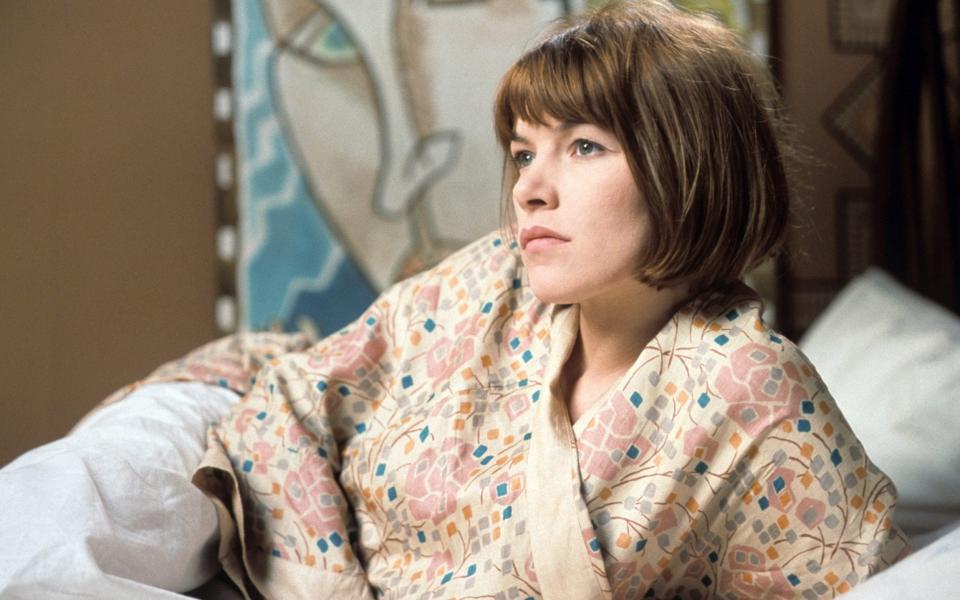
However, when Russell met Jackson to discuss the part, for whom he wanted “a young Bette Davis”, he was underwhelmed. He may have agreed with a former co-star of hers, Lyn Pinkney, who said of her that she was “flat as a pancake, no makeup, [and with] lank, unattractive hair”.
Pinkney also said, crucially, “an actress like Glenda makes you believe she’s beautiful.” Russell initially believed that the diffident Jackson lacked the presence that the Gudrun character needed, but at Kramer’s suggestion he watched her performance in Marat/Sade, and was converted immediately. As he said: “Only then did I realise what a magnificent screen personality she is.”
During filming, Jackson was pregnant – with her son Dan Hodges, who would later become a political commentator – and so was spared the nude scenes that Reed and Bates participated in. (No such mercy would be extended to her in her subsequent Russell collaboration The Music Lovers, in which she played Tchaikovsky’s wife Nina.)
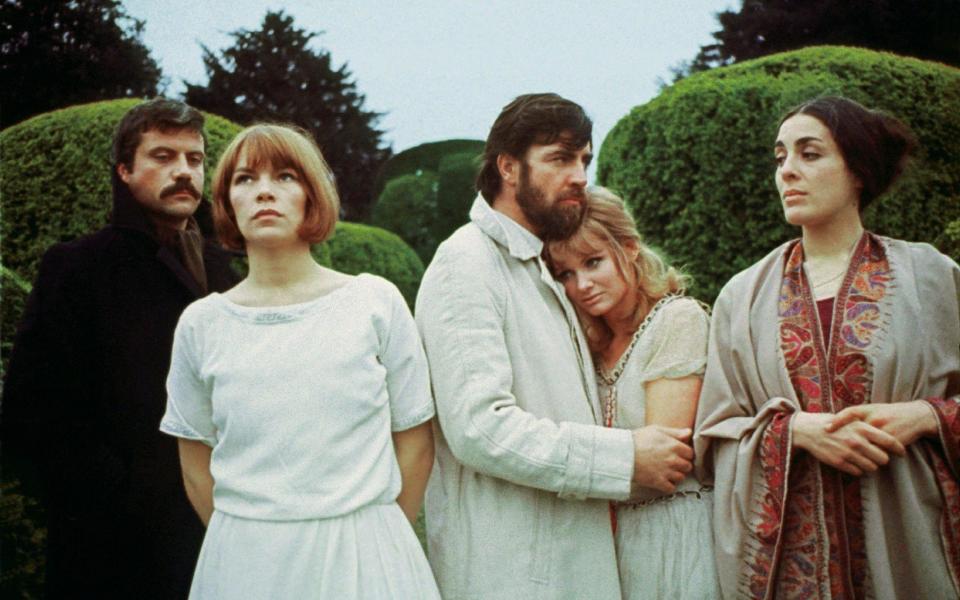
She later spoke of her relationship with Russell in fond, if exasperated, terms. Saying of the director that “he didn’t really understand actors”, Jackson commented “He was a ballbreaker…he always know what he didn’t want, and never know what he did, until you showed him. But he created an atmosphere, a climate, that can bring imagination.”
When the film was released in cinemas, it attracted controversy for its nudity – as Russell and Kramer had expected that it would – but it was passed uncut and went on to be a considerable box office success, trebling its budget at the international box office. Russell and Jackson would collaborate together on a subsequent four occasions, including 1989’s Women in Love prequel The Rainbow, in which Jackson played the Gudrun character’s mother Anna Brangwen, but it was her appearance here that would galvanise her career, as well as winning her awards. As the critic Brian MacFarlane observed: “Her blazing intelligence, sexual challenge and abrasiveness were at the service of a superbly written role in a film with a passion rare in the annals of British cinema.”
Had Jackson read this, she would have reacted with considerable sangfroid. She said in one interview with the Guardian shortly after the release of Women in Love that “I’m quite sure I’ll never be recognised anyway because I never look outside like I look in anything I act in. I go out looking absolutely dreadful.”
Nonetheless, the article concluded that “Certainly she will be one of the first women film stars to break all of the rules.” And so it proved, over the course of her remarkable career.


